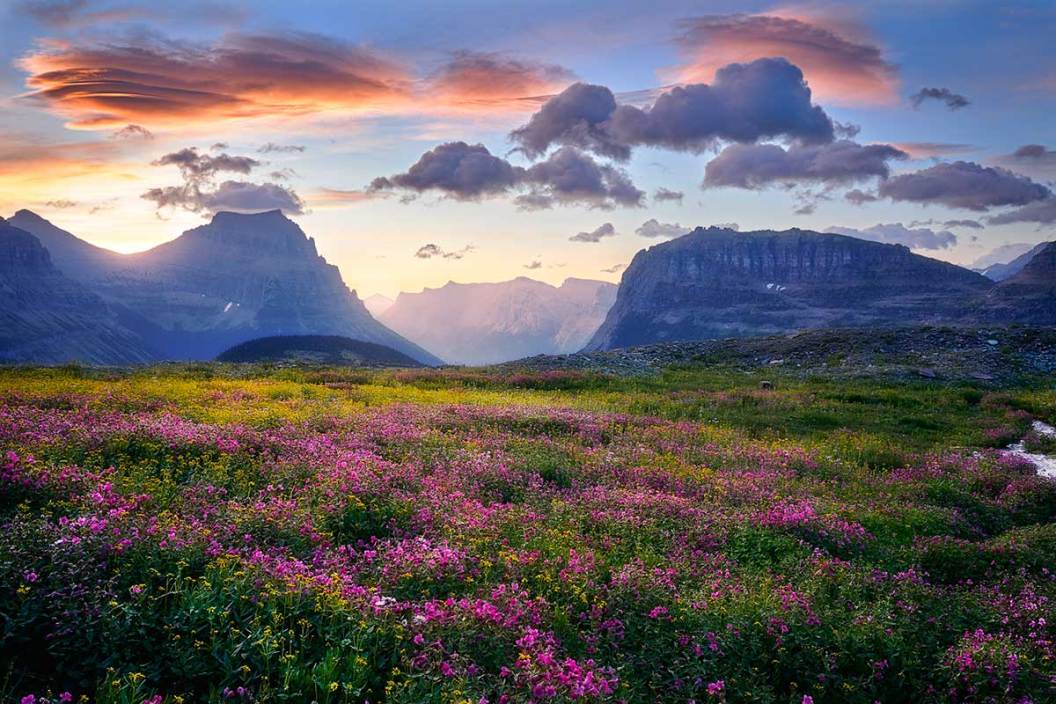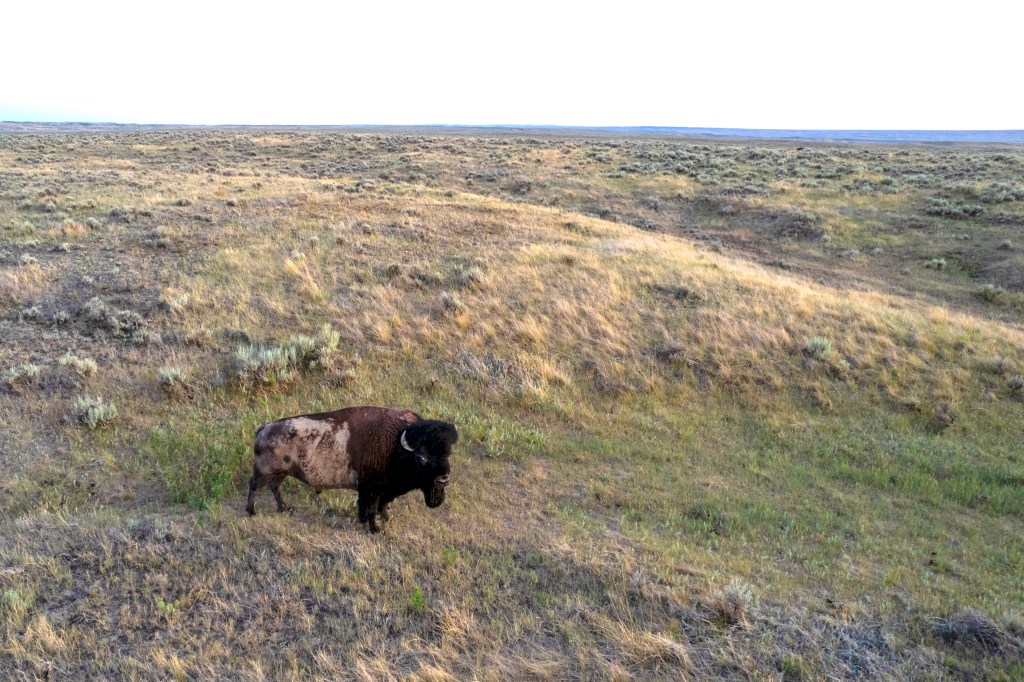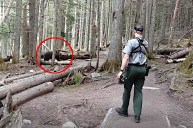Silence, as they say, is golden. Those of us living in urban areas know how noise pollution affects us - the jarring crash of trash trucks, beeping delivery vehicles, jets passing overhead, the neighbor's gardening equipment. It can be next to impossible to find a bit of quiet since there's always some noise being drowned out; in fact, 97% of Americans are affected by noise from traffic and airplanes. Enter Quiet Parks International, a nonprofit volunteer organization dedicated to preserving quiet spaces around the world, similar to the International Dark-Sky Association's efforts to protect natural areas from light pollution. Not only is it good for people, it's also good for the wildlife that live there and need to be able to hear and communicate. As the org's co-founder Gordon Hempton says, "When we save quiet, we save everything else." Here are the places that QPI is currently evaluating as the quietest parks and destinations in the U.S. Shhh... and read on.
Haleakala National Park, Maui
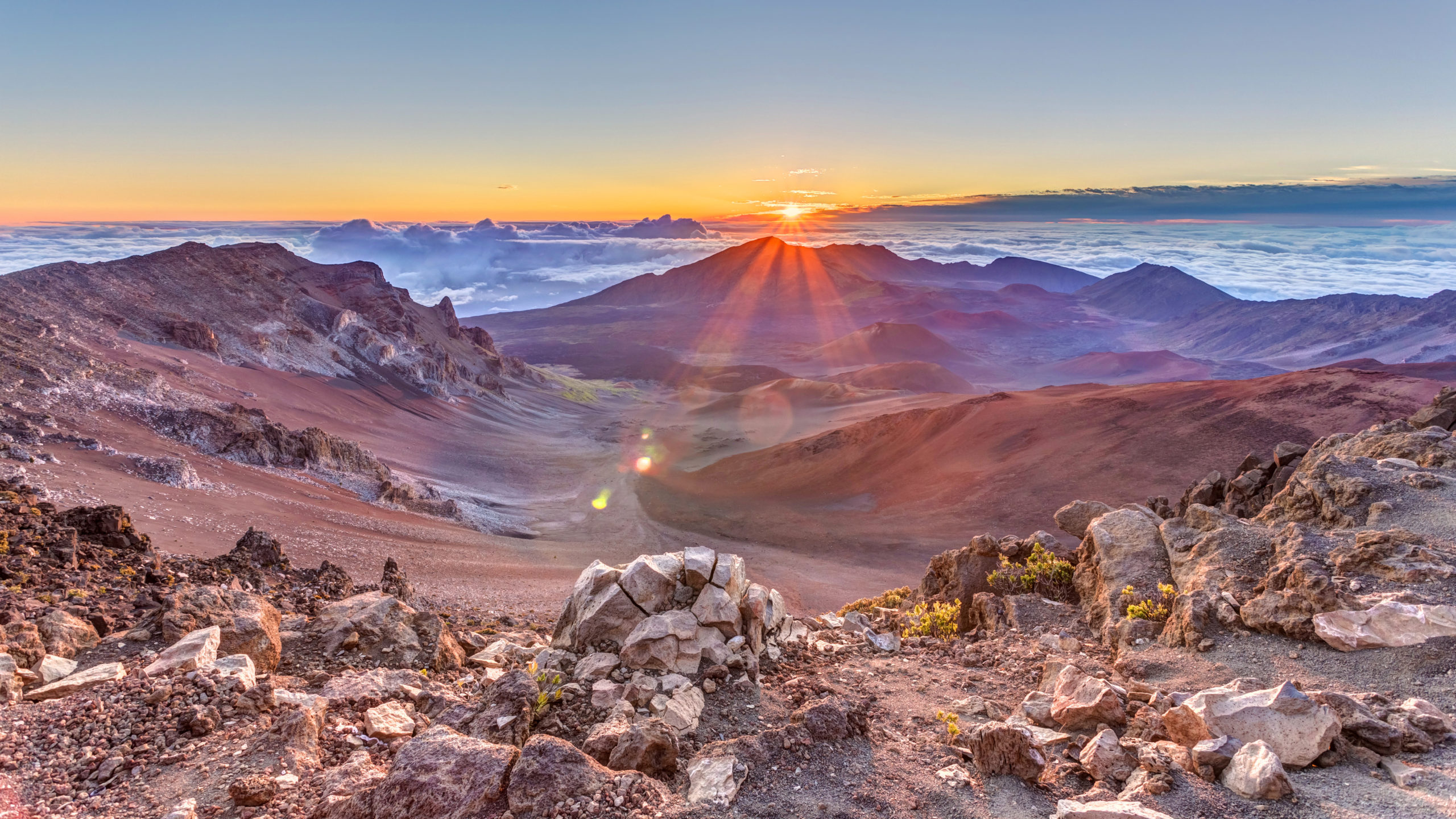
P_L_photography/Getty Images
Not just the quietest place in America, this Hawaiian park is the quietest place on Earth, with the fewest decibels the QPI has ever recorded. This is due partly because Haleakala Crater (actually a valley) is so high (10,023 feet), meaning air traffic into the island is well below the rim, and the ash there absorbs sound waves. Expect to hear wind blowing through narrow volcanic formations and the occasional honk of the nene (Hawaiian goose), reintroduced to the park in 1946. There's a reason an observatory exists here - it has some of the best stargazing in the country.
Hoh Rainforest, Washington
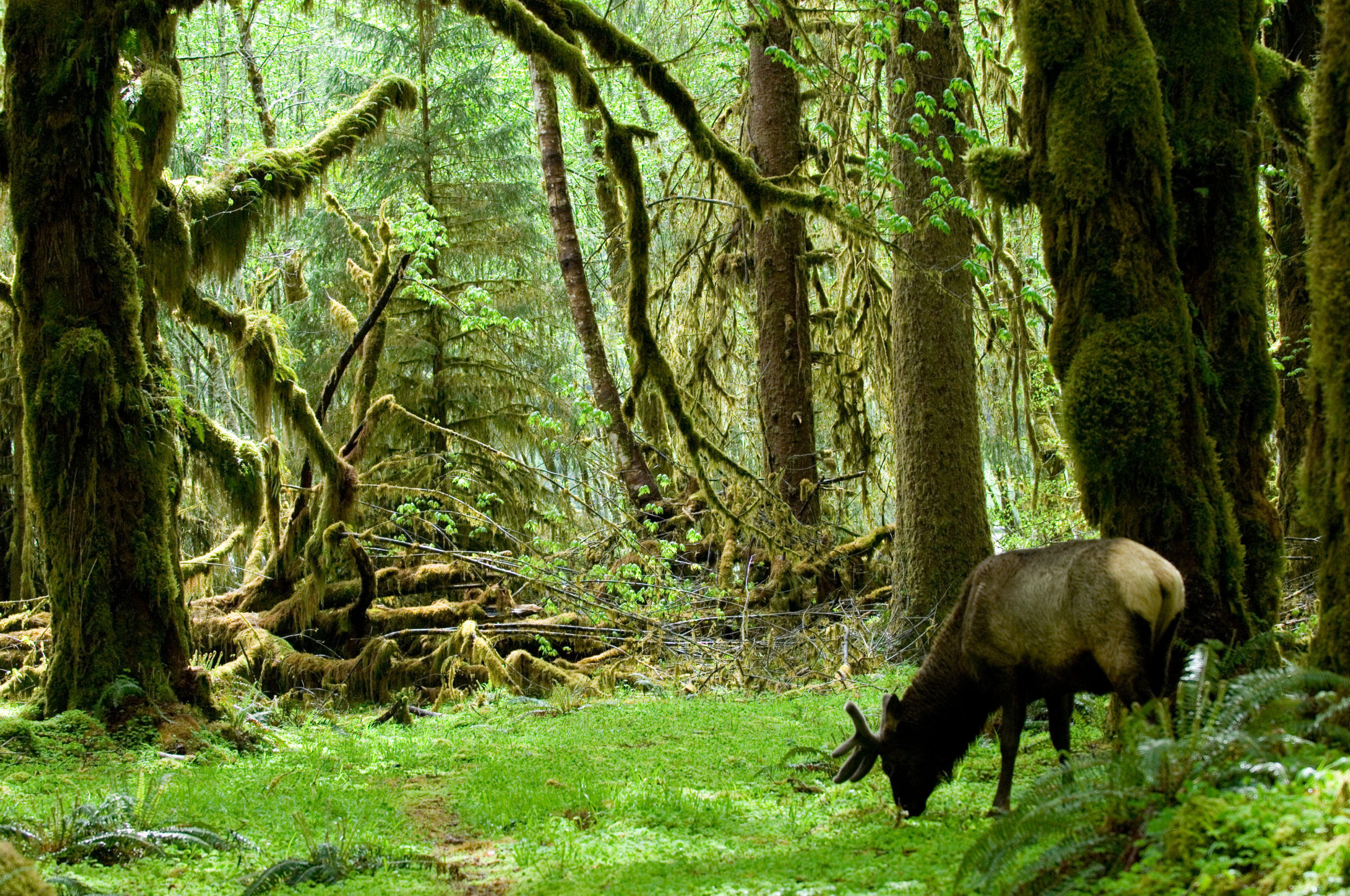
Tashka/Getty Images
In 2005 this spot in Olympic National Park was called possibly the quietest place in the country thanks to being home to the planet's tallest trees and the moss growing at the top of them. It's so quiet here, you'll be able to hear the bugling of Roosevelt elk, howling coyotes, and even the calls of the Pacific tree frog. In recent years though, the military started sending its planes over the area, threatening this park's quiet status.
Big Bend Ranch State Park, Texas
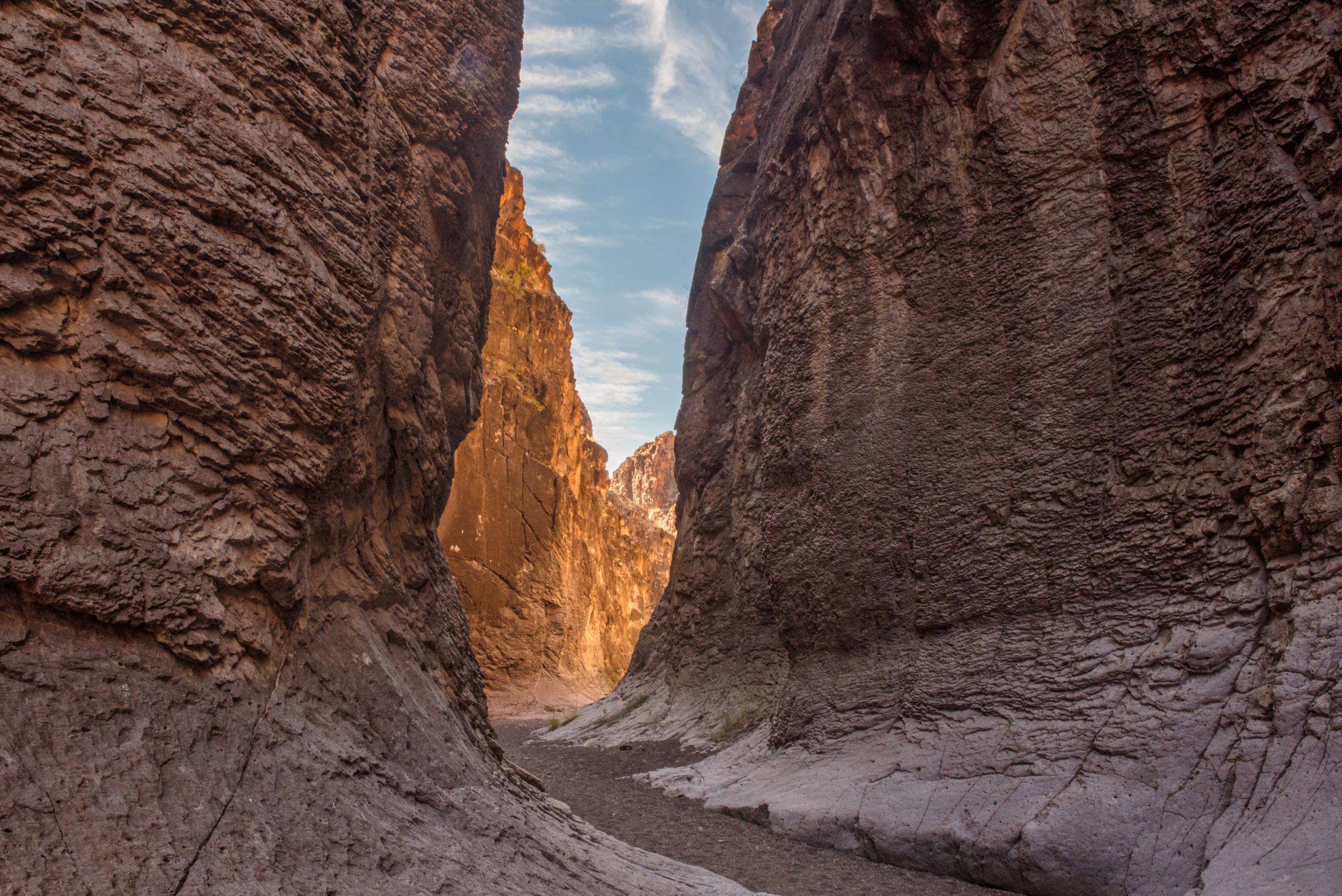
Tim Speer/Getty Images
We included this park in a roundup of dark-sky parks, so it makes sense that it would also be intensely quiet as well. This is due to its location on the border with Mexico, where little air traffic passes, and noise pollution is dissipated quickly in the arid climate. It's also one of the least-visited and largest parks in the country, so you're likely not to see or hear another soul if you don't want to.
Boundary Waters Canoe Area Wilderness, Minnesota
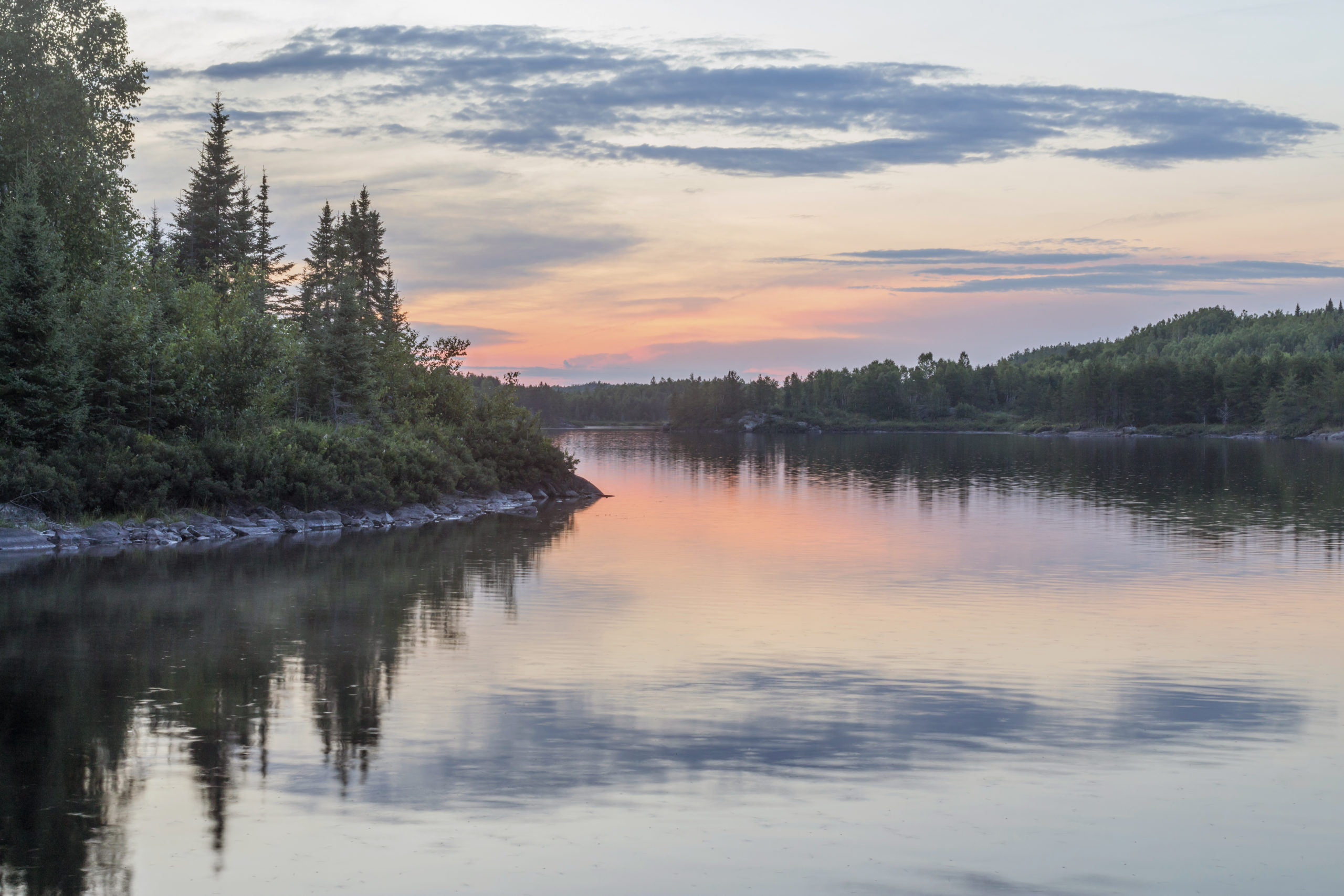
SamWagnerTimelapse/Getty Images
The Air Force was taken to court to prevent its planes from crossing the skies over this vast wilderness bordering Canada, which means there's a million acres of land protected from noise pollution. Not only are military aircraft off limits, so are other motorized vehicles, and no civilian aircraft can fly below 4,000 feet. Of the 1,100 lakes here, only 16 allow motorized vessels - so the only noise on the lake should be your oar paddling. Fishing here is popular: you'll find trout, walleye, bass, northern pike and lots of others.
Glacier National Park, Montana
This transcendent park formed by glaciers is on the remote Canada border, which helps keep it quiet. With more than a million acres of pristine ecosystem, it's home to most of the historic flora and fauna that have thrived there for centuries. You'll be likely to see - and hear - grizzly bears, lynx, mountain goats (the official park symbol), moose, elk, eagles, owls, and many more.
American Prairie Reserve, Montana
Since 2001, the American Prairie Foundation has been working on creating a protected wildlife conservation region out of 3.2 million acres in the Montana's northeast corner. Here, ranchers and conservationists work to both raise cattle and encourage the free movement of native wildlife and some 800 bison. Certain areas allow hunting of upland birds, migratory birds, deer, elk and antelope and annual drawings are held to harvest bison. In the quiet of the open prairie you might even hear bison grunting from miles away, or the bizarre sounds of grouse "burping" to attract a mate.
Bonus: Green Mountain Farm Homes, North Carolina
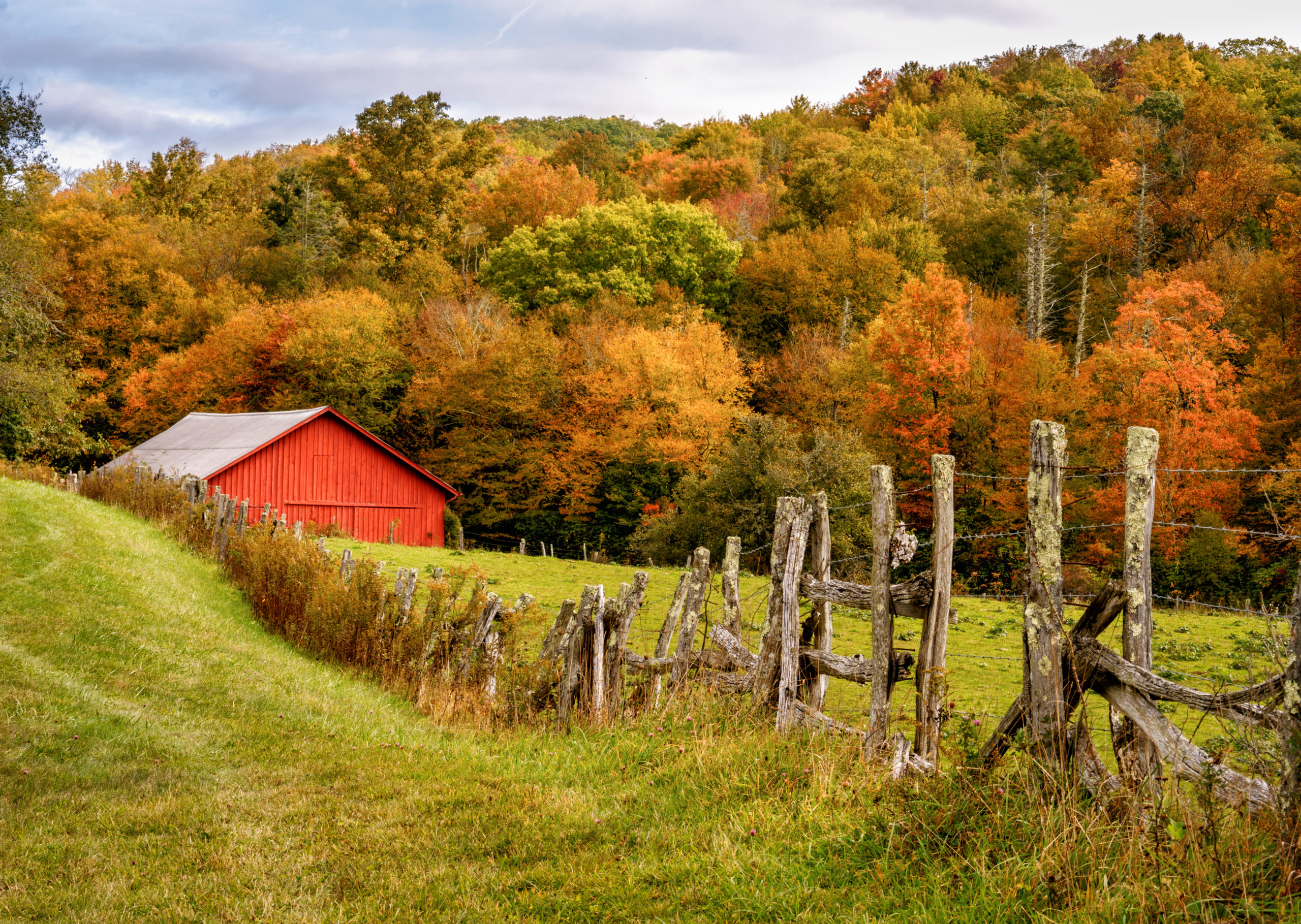
Craig Zerbe/Getty Images
Nestled in the Blue Ridge Mountains, Green Mountain is 365 acres of the world's first QPI-certified "quiet community." The 52 modern homes and rustic 1800 cabins are strategically placed, allowing residents to enjoy the region's many songbirds and wildlife unimpeded by traffic, airplane noise, and that annoying leaf blower. The community also has strict codes around noise.
